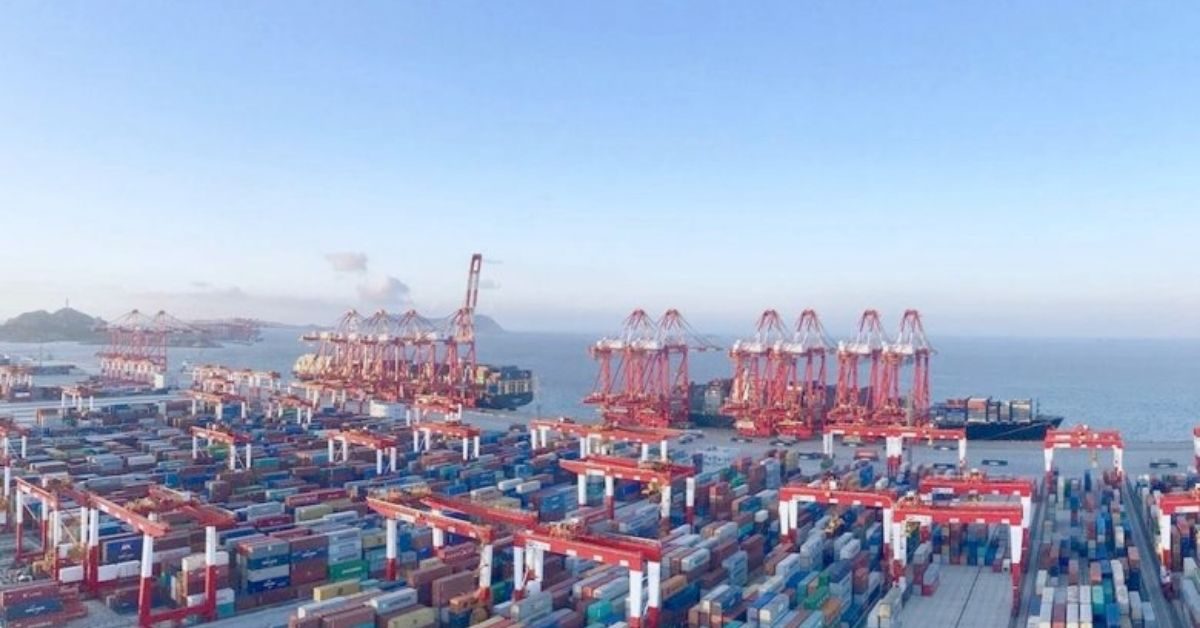Shanghai, the world’s biggest container port, is isolating the shipment of international goods to prevent disruptions to global exports as a Covid wave sweeps across China.
The port is keeping overseas vessels in a closed-loop zone to avoid massive delays, according to an oil-shipping broker. In addition, most infected staff have mild symptoms, and there are backup teams and emergency plans in place, the person said.
While there are delays of ship repairs at Zhoushan port and loading activities in Shanghai have slowed due to lower staffing, for the most part Chinese ports are continuing to operate, according to industry workers.
A representative for Shanghai port said the facility was operating as normal.
The situation could worsen as the virus starts to make its way virtually unchecked through Shanghai’s 25 million-strong population. The surge in cases has begun impacting supply chains that rely on China, and that may escalate in the approach to the Chinese New Year next month, according to logistics specialist Dimerco Express.
So far, the ports aren’t struggling as much as they did early this year, when lockdowns to contain the virus brought chaos to already stressed supply chains. Factories shut down and trucking ground to a halt, adding to pile-ups of containers on the docks and contributing to months of backlog.
One big difference is that ports are now operating in a dramatically changed economic environment, as global demand has significantly weakened, which has helped to untangle the congestion in trade. At the same time, China’s shift away from Covid Zero comes as shippers enter a seasonal slow period ahead of the holidays.
That’s easing the pressure on exporters and ports, making for less work and allowing them more leeway to deal with infected staff. A bicycle manufacturer in Shanghai decided late last month not to ship more product until the new year due to the weak demand. So when China decided to reopen, it wasn’t affected by the declining productivity, according to one exporter.
However, some factories have increased production since mid-December in expectation of more export cargoes for the Chinese New Year, Dimerco said.







